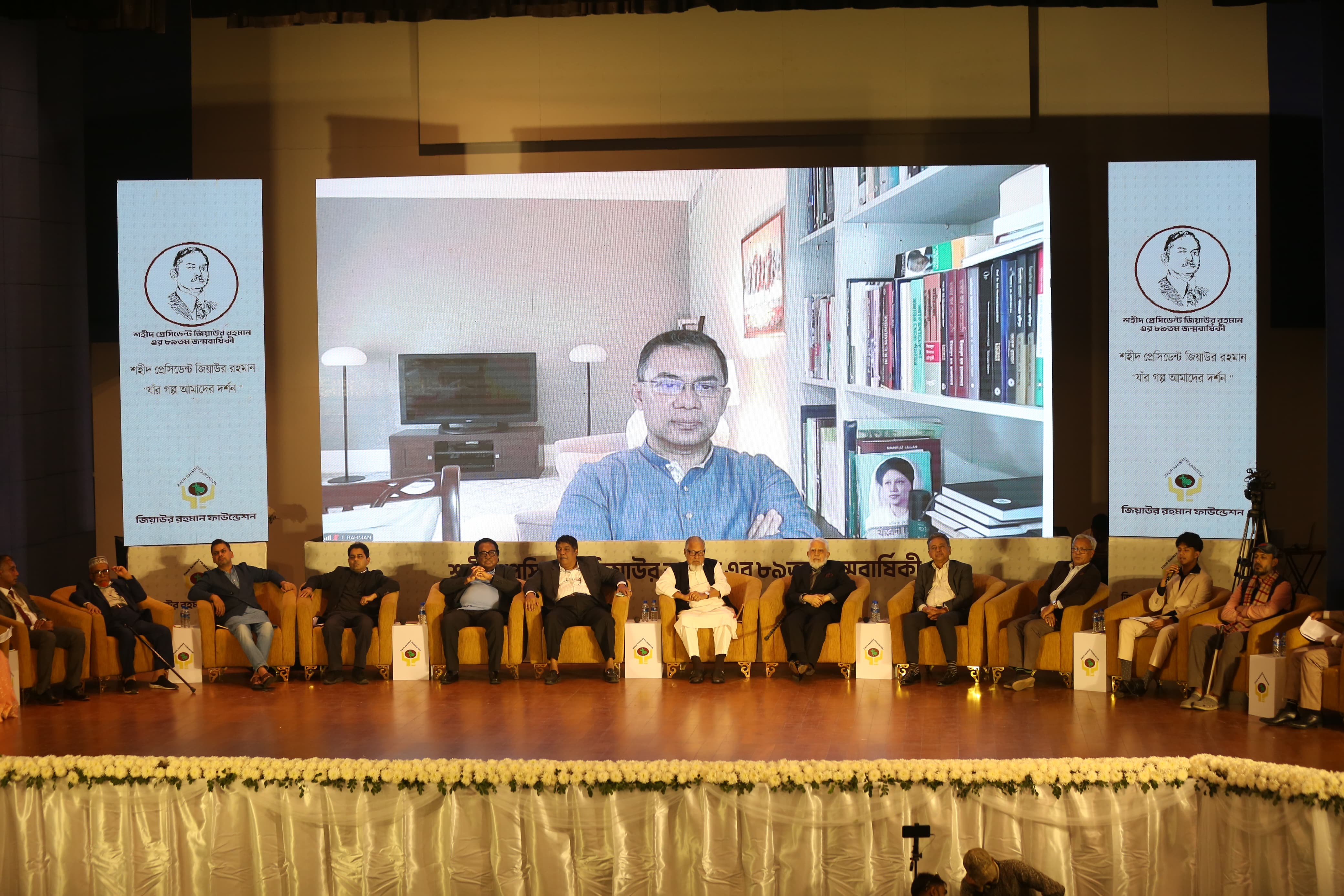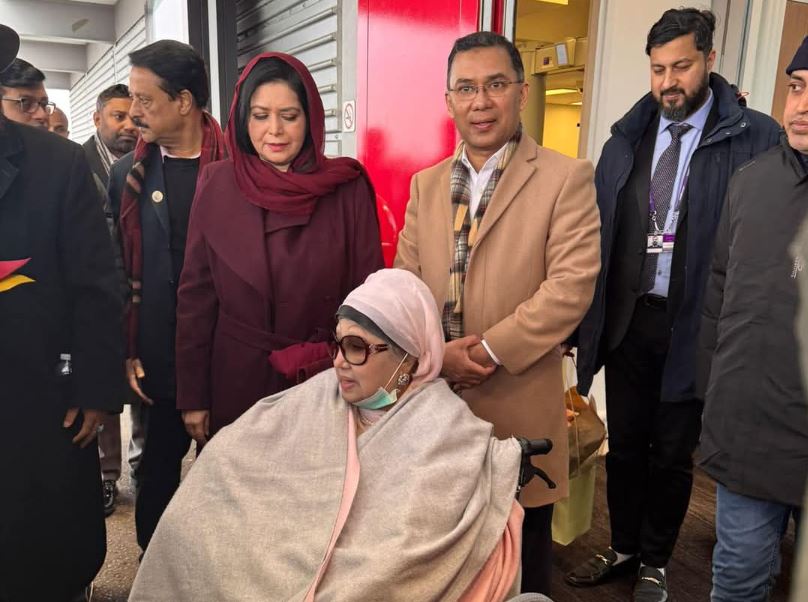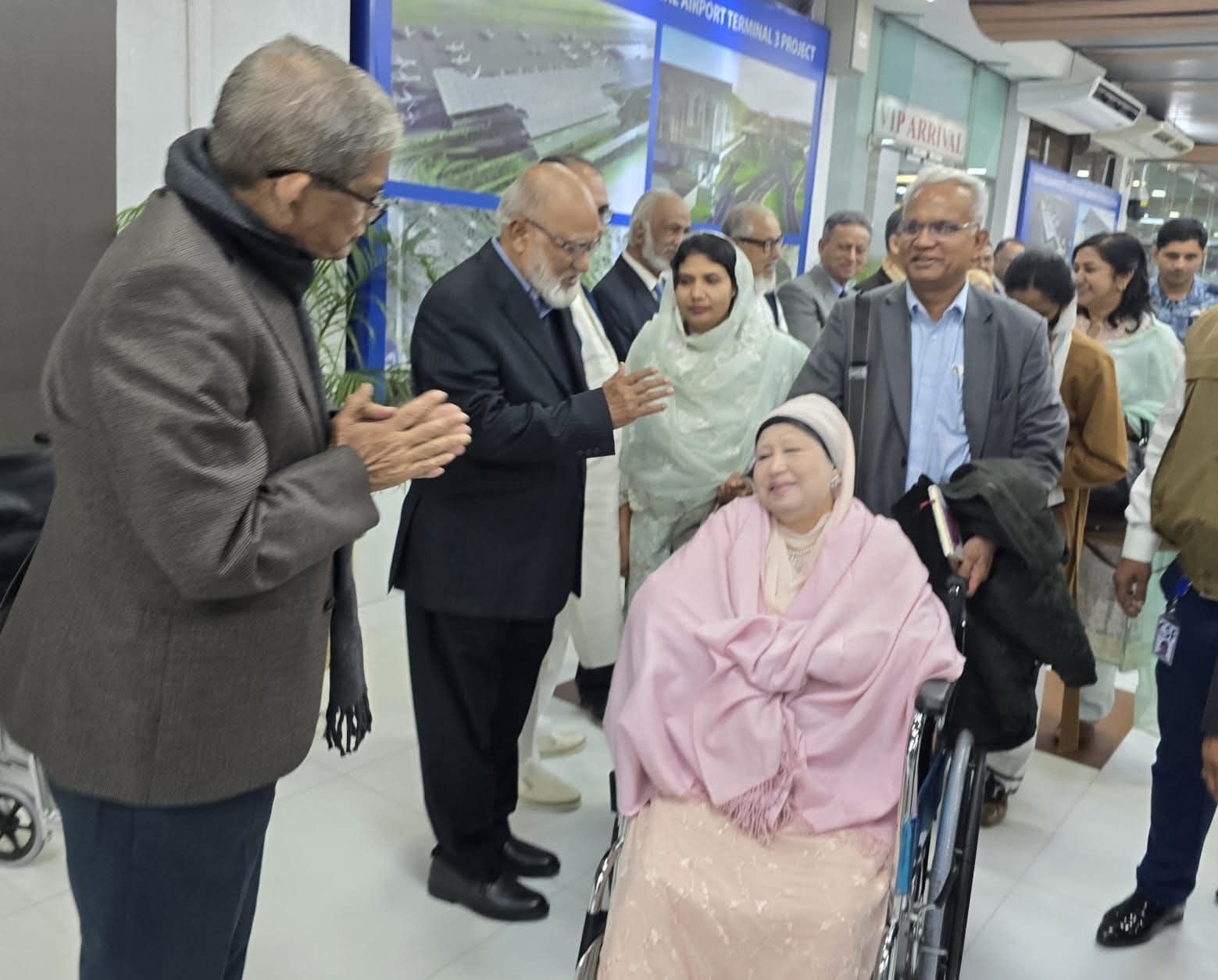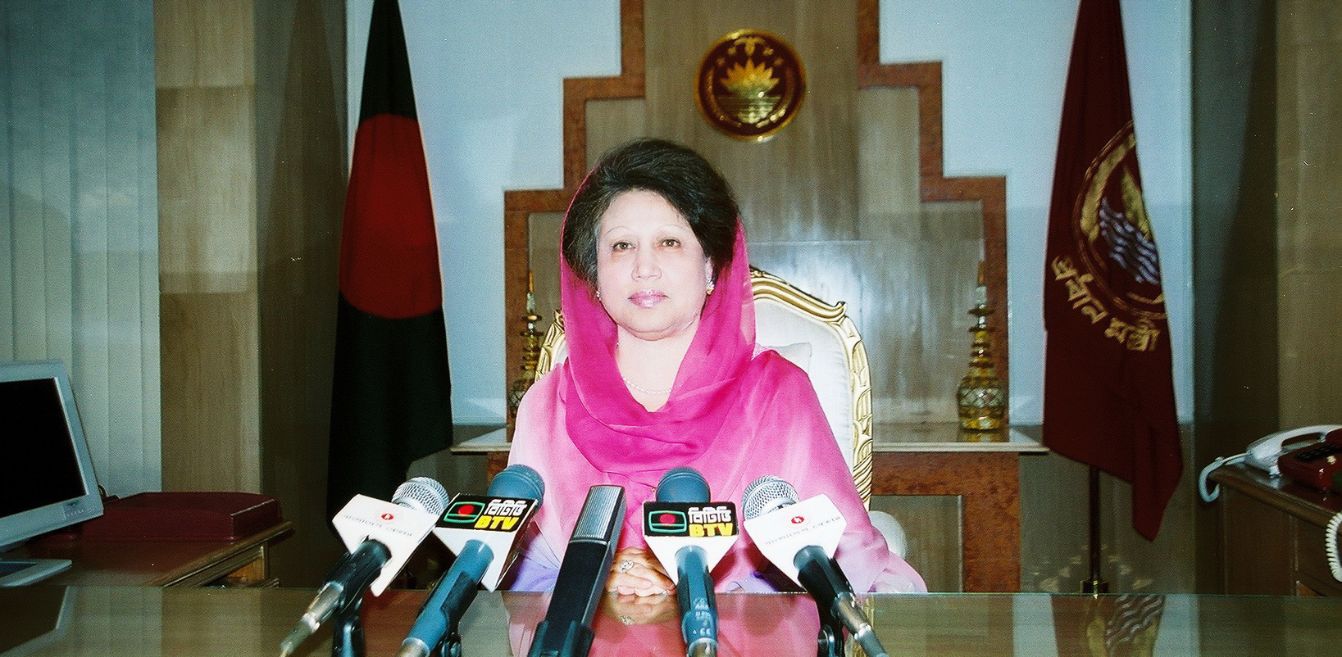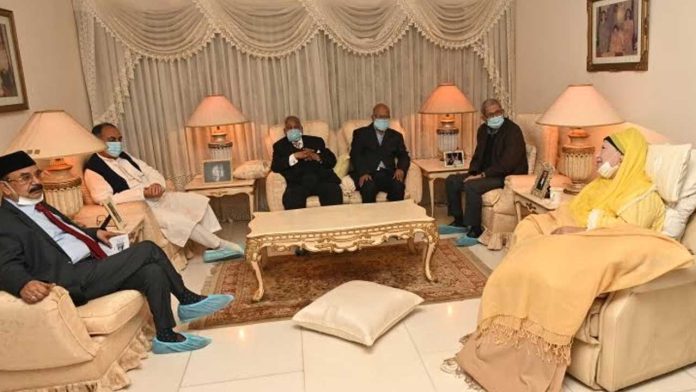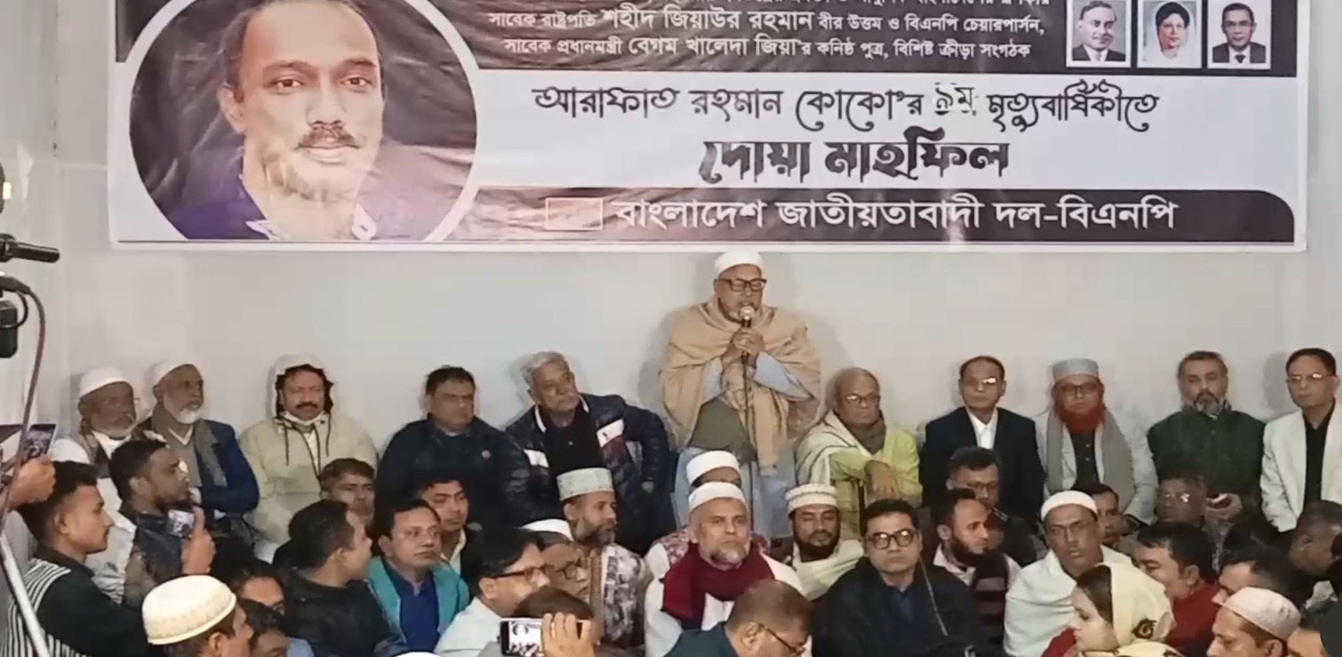
The main opposition Bangladesh Nationalist Party said on Wednesday that the disparity between the rich and the poor was increasing gradually due to a lack of democracy in Bangladesh.
‘If you think about the development of everyone, there is no other means except democracy. As there is no democracy, a large number of people in the country are now crushed by the rise of commodity prices, while a handful of people are buying houses worth crores of taka,’ BNP standing committee member Nazrul Islam Khan said while speaking at a doa mahfil at the BNP Naya Paltan central office.
BNP arranged the programme to mark the ninth death anniversary of Arafat Rahman Koko, the younger son of BNP founder Ziaur Rahman and party chairperson Khaleda Zia.
He alleged that only five per cent of the people were embezzling a huge amount of the country’s wealth and money by indulging in corruption and looting.
The five per cent of people are given the scope to amass the ill-gotten money as the government does not need the support of the majority, he said, adding that as a result, they do not believe in voting.
‘If votes were required [to form a government], they would have conducted a free and fair election, not a one-sided election like the January 7 one,’ he said, stating that there is no alternative to restoring people’s right to vote to get rid of such a situation in the country.
The BNP leader urged everyone to get united to make the opposition parties’ ongoing anti-government movement a success.
He said that the country’s people established democracy by sacrificing their lives and blood to liberate the country through the War of Independence in 1971.
‘That democracy does not exist now in Bangladesh…it has been destroyed,’ he added.
Earlier in the morning, BNP leaders and activists, led by standing committee member Abdul Moyeen Khan, placed wreaths at Koko’s grave and recited Surah Al-Fatiha there.
Talking to reporters, he said that democracy would be restored in the country through restoring the people’s voting rights.

.png)
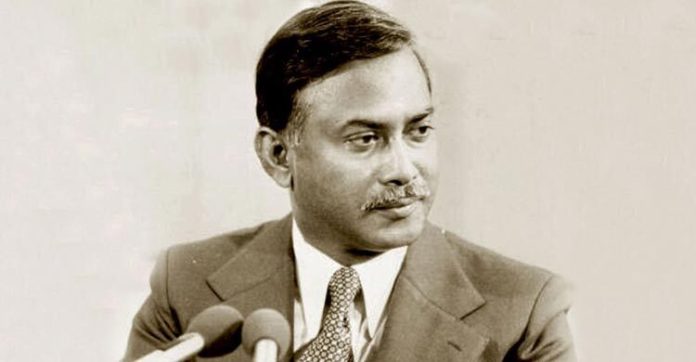
.png)
